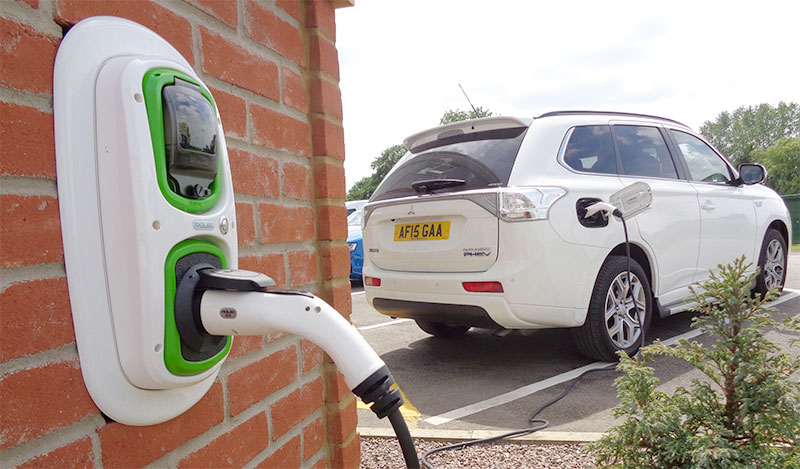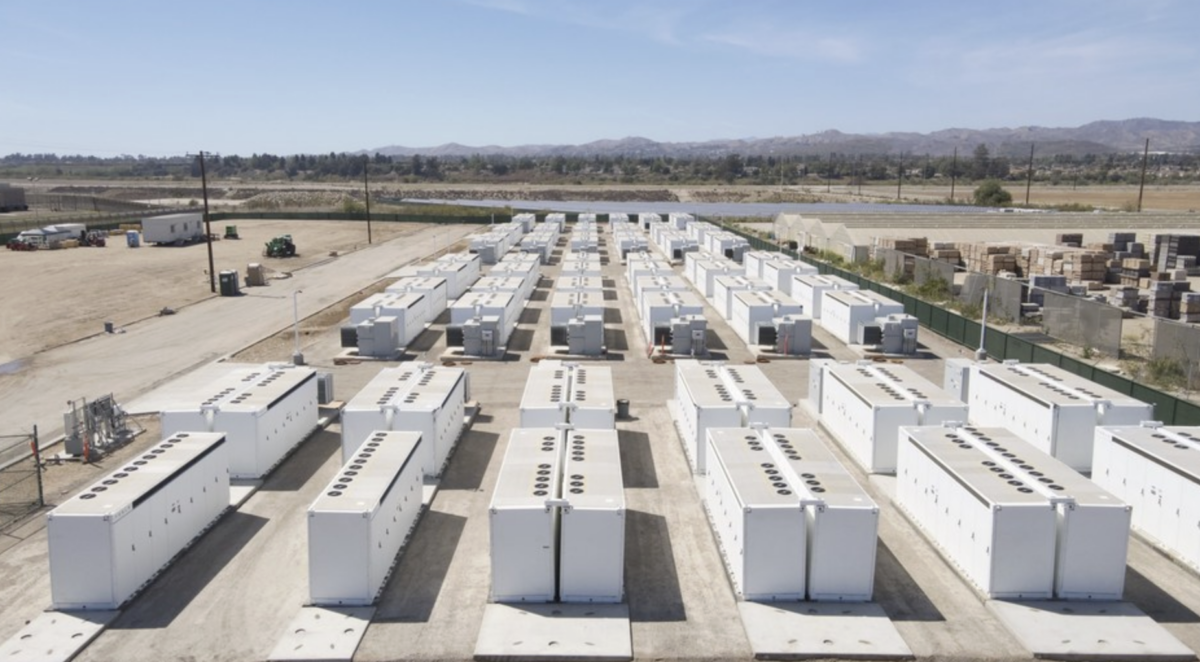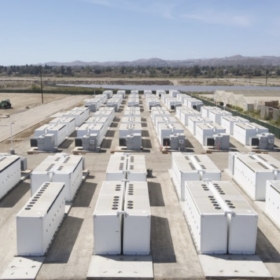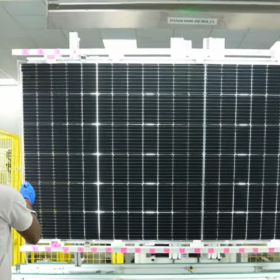Electric vehicles (EVs) in India are getting a big boost with state governments coming up with ambitious plans to phase out polluting petrol and diesel vehicles.
Karnataka government aims to convert half of the government-run vehicles in Bengaluru to electric by 2019 end. It is also amending the building bylaws to mandate 10-20% parking space for EV charging points, according to a report by Economic Times.
“The government is contemplating preferential parking for EVs and adequate signage in the city to guide electric vehicle owners to the nearest e-charging slots,” state minister for large and medium scale industries KJ George was quoted as saying at the Future Mobility Show 2019, organised by the Confederation of Indian Industry (CII).
The event also saw government-owned Bharat Heavy Electricals Limited (BHEL) unveiling a prototype of an air-conditioned electric bus equipped with facilities like Wi-Fi, CCTV cameras, LED display board and GPS. On a full charge, the bus can run up to 150 km. The maximum speed of the BHEL’s e-bus is 75kmph.
In a separate development, “Delhi government has allocated Rs 100 crore to electric vehicles in its Budget for 2019-20. To address the severe pollution problem, the state government has come up with a draft Electric Vehicle Policy that aims at 25 per cent share of Battery Electric Vehicles in new registered vehicles by 2024,” reported IANS.
Earlier this year, the Tamil Nadu government had announced plans to purchase 2,000 low-maintenance, battery-operated buses as part of its endeavor to adopt environmentally-friendly public transport. The buses would run in Chennai, Coimbatore and Madurai in the first phase of their deployment.
For the purchase, the state government is planning to borrow from German state-owned development bank KfW at 2% interest.
Notably, India aims to reach 30% electric of total fleet by 2030. The latest developments come as a big boost after the Wood Mackenzie’s report on electric car sales in India declining by 40 per cent to a mere 1,200 units in the financial year 2018 over the financial year 2017.
This content is protected by copyright and may not be reused. If you want to cooperate with us and would like to reuse some of our content, please contact: editors@pv-magazine.com.









Very informative information covered
Govt. all ready introduce tariff for electrical vehicle charging station.